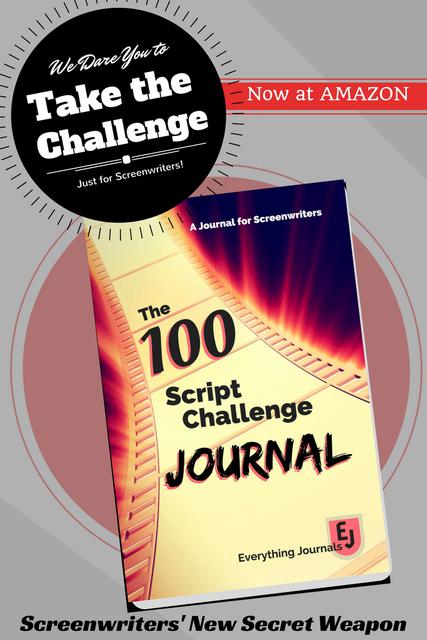Screenwriting Pitfall #4: Options That Go Ouch
I’ve been on the hunt for an amazing screenplay. (I still am. Several, if I’m lucky.) But I almost optioned a script last month. Sigh. The deal came so close. I found a great script, successfully pitched it to my boss, contacted the screenwriter to say we wanted to option the script (one of the best calls EVER), sent the option… and then… and then it all fell apart.
The Option Ouch was felt on both sides, I’m sure. For my side, however, the problem came when the screenwriter sent the option agreement back. It was not a signed option agreement, as I’d hoped, but it was our option agreement. It just didn’t look the same. It looked like it had been graded by a zealous high school English teacher getting paid for every red strike she added to the pages. The screenwriter’s entertainment attorney had made so many additions and changes to the agreement (in red so we could see them) that every page was touched by red, and 9 pages (of an 18-page contract) were full of red type.
Now, don’t get me wrong. Screenwriters should not just sign a contract. You should have someone look at anything you sign. And, sure, that person should earn their fee, but before you send those contract changes back to a producer, stop and think it through.
Here’s some things to consider:
- Are you open to negotiate?
- Do you want to come across as a team player?
- Do you know the difference between a standard agreement and an A-list agreement? Does your attorney?
- Do you want to make a deal or are you just as happy to walk away?
If I had been the screenwriter in the above situation, here’s how I would have handled the attorney’s agreement changes:
- I would have read through all the changes and made certain I understood which requests a producer could offer and which he could not.
- I would have made my own bullet list of each change the attorney wanted. If that bullet list turned out to be over 5 changes, then I’d figure out which ones were the most important to me, and probably narrow it down to three—but only expect to get one.
- I’d send an email to the producer and ask to negotiate those points.
I would NEVER send a producer’s contract back to him, having been extensively altered and expect it to be well received.
As a screenwriter, you want to make the best deal possible for yourself. You want to get paid, sooner than later, but it will be a lot later if deals slip through your fingers. I’ve certainly found out that one deal leads to many more. (Even the so-so deals, where I thought I should have pushed for more.) Deals just generate deals, especially with the same producer. And don’t discount deal announcements.They promote you as a working screenwriter and bring new producers and new opportunities your way.
Thing is… some screenwriters don’t know how a producer thinks about negotiating. How much can they ask for? Well… ask for anything you want, but you need to be prepared for the producer to turn you down. And no matter how that makes you feel, you have to stay professional. It helps if you know what you really want, in terms of changes to an option agreement. Does the option price matter the most or does being paid something upfront? Whatever the answer, know it before negotiating. That way, you won’t end up arguing over a contract point that doesn’t really matter. I assure you that the producer won’t get emotional. It’s business. (And if they should get emotional, that’s probably not an experienced producer.) The experienced ones know what they can offer and where they must draw the line.
Depending where you are in your career, you also need to know that your first deals won’t be negotiable. The producer will offer you their standard contract and either you accept or decline. You can try to negotiate—that is totally acceptable—but in my experience they will politely say no. Once you get that no, you either sign or it’s a pass.
In the above Option Ouch, it was easy for us to walk away from the script. Why? One, it needed some work and the screenwriter showed us it might not be an easy rewrite process. Also, the script’s concept was something we loved, but it wasn’t unique. It was based on something anyone could write a script about, and we knew of at least one other script like it out in the market. So, the script already had marketing challenges. Add those challenges to A-lister contract requests, and that’s how deals fall apart.
I do want to add that the screenwriter in this situation is very talented and we wish him well. He could have easily found two champions, and a long partnership, with our company.
Bottomline: Be a dealmaker! Just like you want to be the solution during production, don’t take a stance in negotiations that makes you a dealbreaker. There are many ways to negotiate. Stick to being professional.
If you’d like to know more about the ins and outs of negotiating an option agreement, read the extended version of this post in the Screenwriters Pitfalls List or join our newsletter to get the extended pitfall sent to you every time we put out a new one.
Now, go out there and be a dealmaker!


Leave a comment